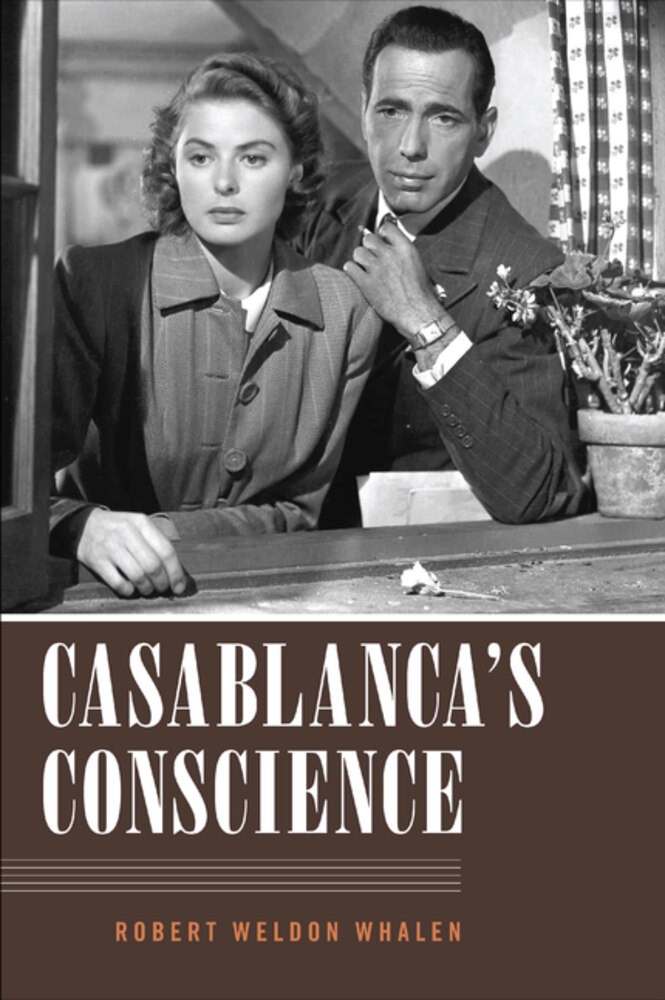2018 School Spending Survey Report
Casablanca’s Conscience
COPY ISBN
VERDICT Whalen gives readers with an opportunity to revisit a multilayered film and arms them with insights from varied philosophical perspectives. Pair it with a more traditional history, like The Making of “Casablanca” by Aljean Harmetz.
RELATED
ALREADY A SUBSCRIBER? LOG IN
We are currently offering this content for free. Sign up now to activate your personal profile, where you can save articles for future viewing




Comment Policy:
Comment should not be empty !!!